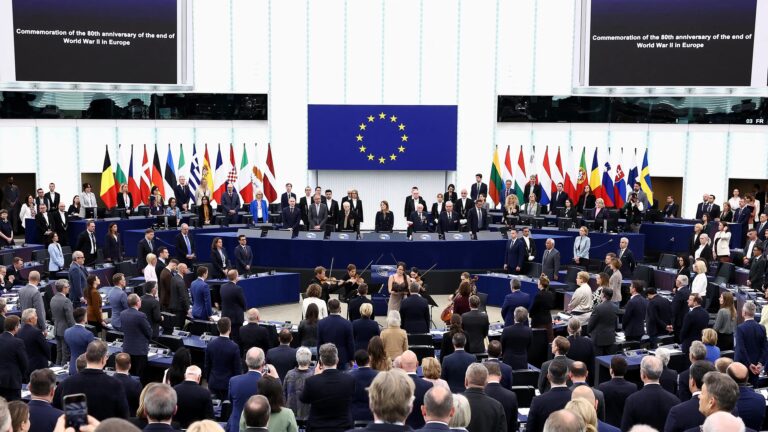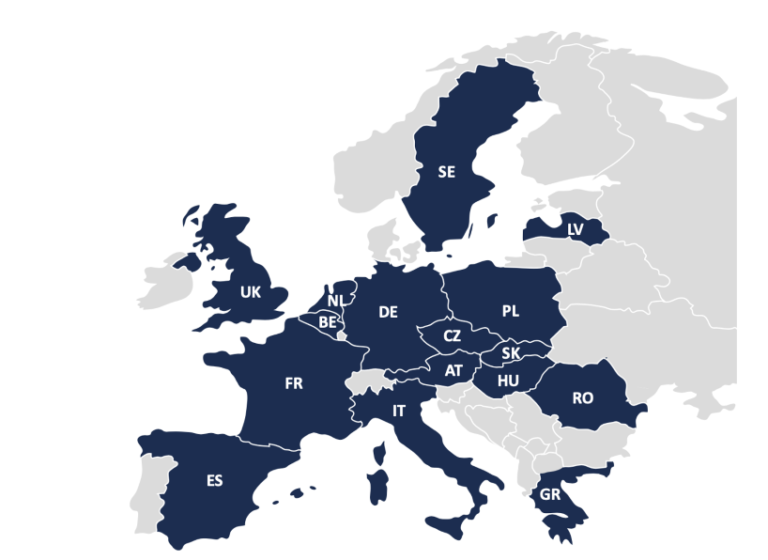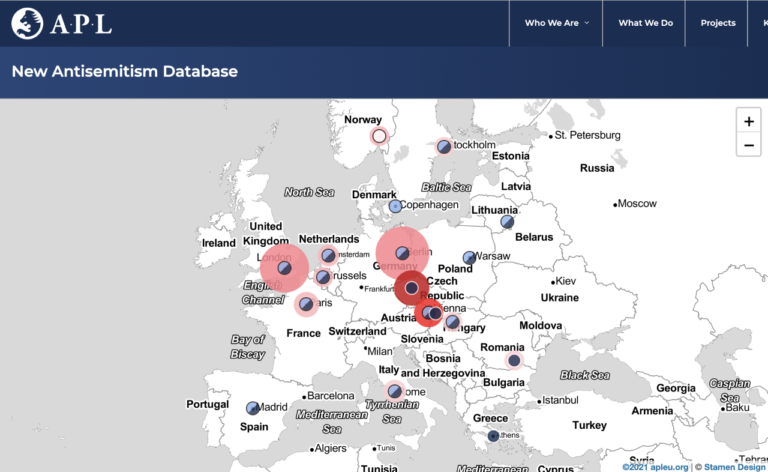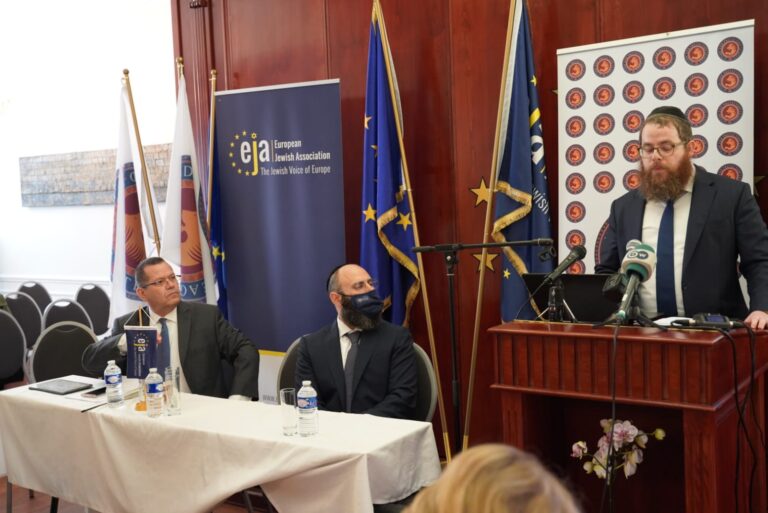Germany presents a new strategy to combat antisemitism. Though a milestone, much depends on its implementation, with antisemitic hate speech on the rise.
On November 30, in 14 out of 16 states in Germany, authorities were investigating online hate-speech posts and were conducting house searches at the homes of suspected authors, reports the Deutsche Welle. Ninety-one police raids took place that day, many revolving around antisemitic hatred.
In one case, the suspect was a 59-year-old man from Berlin, who is said to be the author of a text filled with antisemitic statements on the Russian social media site VK, in which he called Jews „Satanists”. His laptop had been confiscated, and police said he also owned a weapon.
On the same day, the German Cabinet adopted its National Strategy against Antisemitism and for Jewish Life to take more decisive action against the hatred of Jews. This is the first of its kind, and according to Felix Klein, the government’s antisemitism commissioner since 2018, this is a milestone in German history.
In the past few years, a rising number of antisemitic hate crimes have been recorded by the police in Germany. In 2021, police recorded 3,027 antisemitic crimes nationwide – nearly 700 more than in 2020. Several attacks on Jewish institutions have occurred in recent weeks, including shots fired at a rabbi’s house at a synagogue in Essen.
Klein has been preparing the strategy with his team for two years. The „lean and compact” document offers action for the whole of society and initiatives intended to make Jewish life visible in everyday life.
The report points to the importance of education and what Germans call „memory culture” and a strong awareness of history. It refers to the fight against antisemitism as the responsibility of the entire society, not just the state. Among other proposals, it includes the extension of the „theme year” on Jewish life, which ran until the summer of 2022. It also highlights the importance of working with local municipalities.
The 48-page action plan is also the German government’s attempt to implement a European Commission directive, which requires EU member states to present national strategies by the end of 2022.








